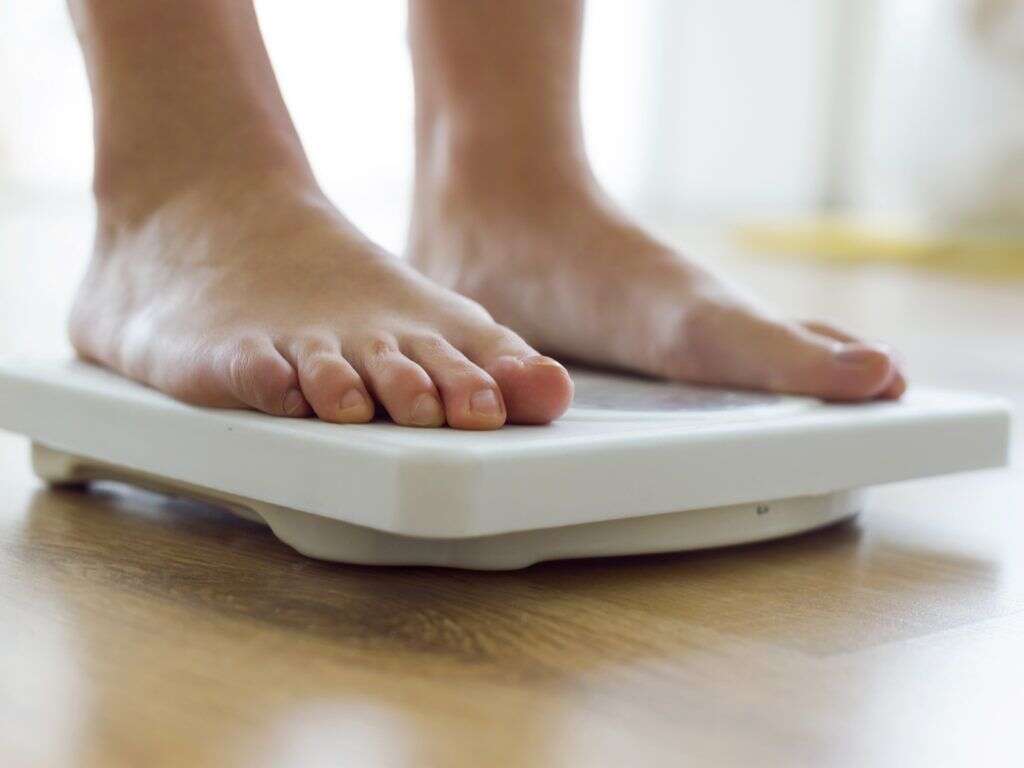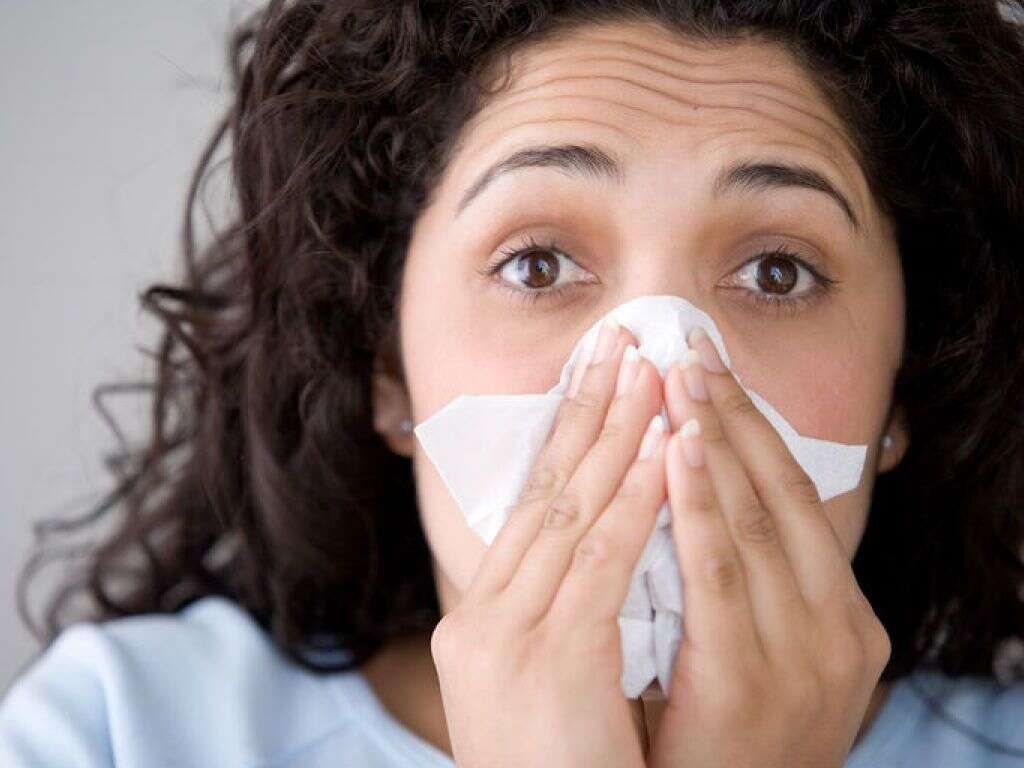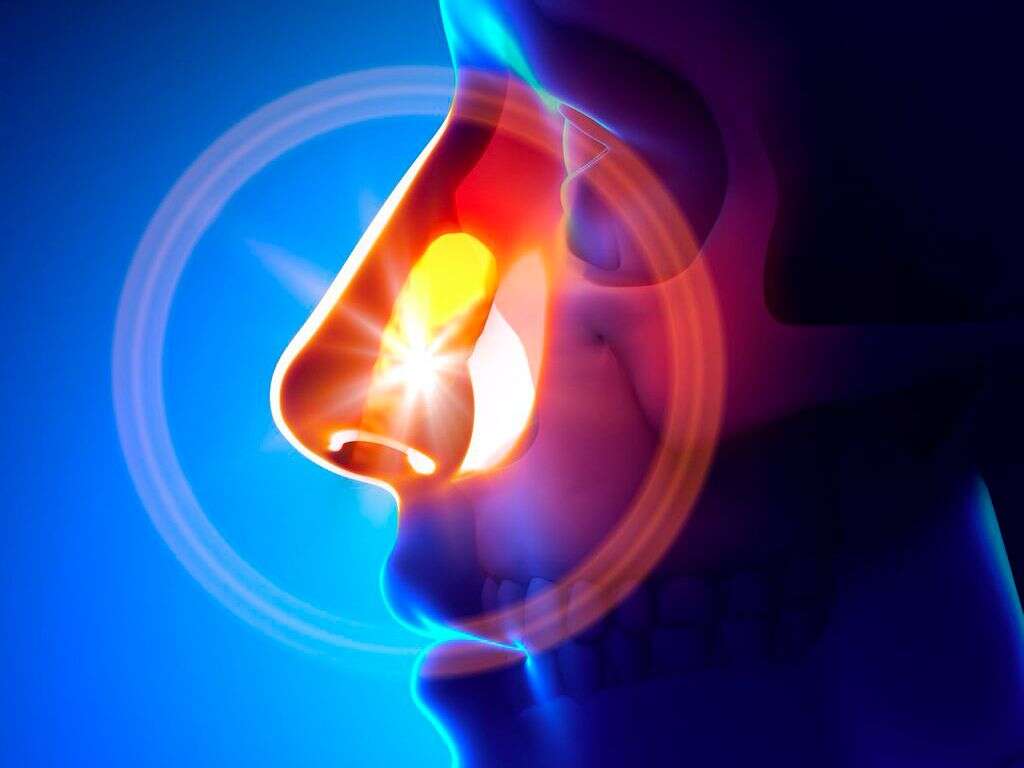10 Bronchiectasis Symptoms
When we inhale, air travels from our mouths to our lungs via airways that are known as bronchi. These airways are naturally lined with a type of mucus that we know as phlegm. This mucus is important to us because it helps to trap anything that might otherwise cause us harm.
Bronchiectasis is a condition that causes these airways to become inflamed and scarred. It also means that more phlegm is lining the airways than usual. This can lead to a wide range of unwelcome symptoms and can cause considerable distress to the patient.
Here’s a look at some of the most common symptoms of the condition.

Symptom #1: Shortness of Breath
Our passageways are usually wide enough to carry all the air that we need into the body. Even when we need to breathe deeply, they can handle the load, even though we may feel out of breath. We don’t usually have any trouble at all catching our breath when we are at rest, though.
The build-up of mucus from bronchiectasis can cause the airways to become narrower, restricting the flow of air. This makes us feel as though we are short of breath, even when we have not been exercising. Medication may be able to help ease the condition to help the patient breathe easier.

Symptom #2: Coughing Up Phlegm
Our airways are coated with a thin layer of mucus, which is commonly known as phlegm. This mucus will usually catch pathogens and particles so that they can then be ejected safely from the body. This mucus is usually processed by the body when it needs to be replaced and we will often not even know it is there.
Bronchiectasis causes a considerable build-up of this mucus, far more than is usually present. Unable to process the amount of mucus, the body is left with little choice but to cough it up. People with the condition are known to fill a whole sputum pot a day with the mucus.

Symptom #3: Coughing Up Blood
It is not unusual for us to cough; it is just the body’s way of helping to keep the airways clear. If you do notice that you are coughing up something that you shouldn’t be, though, then you should pay attention. This is particularly the case if you are coughing up blood.
It is possible that coughing up blood is down to a minor injury, but this would only produce a small amount of blood. It could also be a sign of bronchiectasis, however, and is something that you should get checked out. Coughing up blood can also be a sign of a number of other potentially serious problems.

Symptom #4: Excessive Coughing
The vast majority of us will have experienced a cough at some point in our lives. They are usually short-lived, depending on the cause, although they could go on for a few days if it is caused by an illness. Some conditions, however, can cause people to develop an unpleasant cough that stays with them for a long time.
Patients with bronchiectasis are likely to develop a cough that causes them discomfort every day. It can be bothersome and even painful, and it could also prevent them from getting enough sleep. Your doctor can prescribe medication that may be able to at least reduce the severity of the symptoms.

Symptom #5: Wheezing
We don’t usually notice when we are breathing. Air is constantly passing in and out of our lungs, yet we are often oblivious that this is happening. We do tend to notice when we are breathing heavily, though, and we can also often hear the air rushing through our airways.
In cases of bronchiectasis, there is less space for the air to travel through. This forces air through a tight passage and this results in a wheezing sound. It is not an uncommon symptom and not necessarily a sign of something serious, but you should still arrange to get it checked out.

Symptom #6: Chest Pain
There are numerous potential causes of chest pain. The causes will often be harmless, although they can also be a sign of something serious such as a heart attack. It can also be a sign that you are suffering from bronchiectasis.
The pain is likely to be caused by a number of factors such as damage to the lungs and windpipe, excessive coughing, and infections. It can be very uncomfortable for the patient and can cause a considerable decrease in quality of life. Remember that chest pains can be a sign of something very serious so make sure to get help if you are not sure.

Symptom #7: Finger Clubbing
People’s hands and fingers come in a range of shapes and sizes. Regardless, the vast majority of us have fingers that are fairly straight and curved at the end. Clubbing, however, is a condition that causes peoples fingers and thumbs to become “club” shaped at the end.
Clubbing is a condition that is a symptom of various respiratory problems, including bronchiectasis. The exact cause of clubbing is not known although it is thought to be something to do with distended blood vessels. There is no known cure for the condition, although treating bronchiectasis may be able to at least ease the symptoms.

Symptom #8: Weight Loss
Countless people around the world are trying to lose excess weight. Unfortunately, most of those will fail as it can be very difficult. As such, weight loss as a symptom can sound like a good thing, but this is rarely the case. It can be a sign of a range of potentially serious conditions, and it can be a sign that you have bronchiectasis.
If you are trying to lose weight then remember it should be done safely and steadily. Also remember that if you do lose a lot of weight suddenly then you should arrange to find out what is causing it. Treating bronchiectasis may also be able to help you manage your weight better.

Symptom #9: Fatigue
Fatigue is not necessarily just a matter of being tired after a long day. It can also be caused by diseases being a drain on your resources and your body. This can leave us feeling exhausted physically and mentally, all day, every day, regardless of how much rest we might get. If you do always feel as though you have no energy, you should make an appointment with your doctor.
Bronchiectasis can be exhausting. Coughing, wheezing, and fighting frequent infections can be exhausting for patients, leave them feeling constantly tired. It can also be made worse by any loss of appetite the patient may experience as well as difficulties sleeping at night.

Symptom #10: Frequent Infections
The mucus that lines our airways will trap pathogens as well as dust and other particles. This is usually a good thing because it prevents them from getting into the lungs where they may do harm. In patients that have bronchiectasis, however, this can be a problem.
Bronchiectasis can cause this mucus to build up and, considering it is likely to contain pathogens, it can encourage infections to perform. People with the condition can often find themselves fighting off infections and this can have a further impact on their overall health. Antibiotics can be used to help treat the infections and help prevent them.












